
Costa Vicentina: Portugal's Untamed Coastal Beauty
Costa Vicentina is a stunning stretch of coastline in Portugal, known for its wild beauty and unspoiled nature. This region is part of the Southwest Alentejo and Vicentine Coast Natural Park, which preserves its unique landscapes and biodiversity. The area is a paradise for outdoor enthusiasts, offering a range of activities such as hiking, surfing, and bird watching. The rugged cliffs, secluded beaches, and picturesque fishing villages create a perfect setting for adventure and relaxation. Nature lovers will be delighted by the rich flora and fauna, as well as the impressive geological formations. In addition to its natural attractions, Costa Vicentina boasts a rich cultural heritage. Visitors can explore charming towns like Vila Nova de Milfontes and Aljezur, where they can enjoy local cuisine and hospitality. The region's history is reflected in its ancient fortresses, churches, and traditional whitewashed houses. Whether you are seeking an active holiday or a peaceful retreat, Costa Vicentina offers a unique and memorable experience. Its combination of natural beauty, cultural richness, and outdoor activities makes it a must-visit destination in Portugal.
Local tips in Costa Vicentina
- Visit in the spring or autumn for pleasant weather and fewer crowds.
- Try the local seafood, especially the fresh grilled fish and seafood rice.
- Bring comfortable hiking shoes to explore the many coastal trails.
- Check the tide times if you plan to visit the beaches, as some may be inaccessible at high tide.
- Rent a car to fully explore the region, as public transport options are limited.
Costa Vicentina: Portugal's Untamed Coastal Beauty
Costa Vicentina is a stunning stretch of coastline in Portugal, known for its wild beauty and unspoiled nature. This region is part of the Southwest Alentejo and Vicentine Coast Natural Park, which preserves its unique landscapes and biodiversity. The area is a paradise for outdoor enthusiasts, offering a range of activities such as hiking, surfing, and bird watching. The rugged cliffs, secluded beaches, and picturesque fishing villages create a perfect setting for adventure and relaxation. Nature lovers will be delighted by the rich flora and fauna, as well as the impressive geological formations. In addition to its natural attractions, Costa Vicentina boasts a rich cultural heritage. Visitors can explore charming towns like Vila Nova de Milfontes and Aljezur, where they can enjoy local cuisine and hospitality. The region's history is reflected in its ancient fortresses, churches, and traditional whitewashed houses. Whether you are seeking an active holiday or a peaceful retreat, Costa Vicentina offers a unique and memorable experience. Its combination of natural beauty, cultural richness, and outdoor activities makes it a must-visit destination in Portugal.
When is the best time to go to Costa Vicentina?
Iconic landmarks you can’t miss
Parque Natural do Sudoeste Alentejano e Costa Vicentina
Experience the breathtaking landscapes and rich biodiversity of Parque Natural do Sudoeste Alentejano e Costa Vicentina, a natural haven on Portugal's stunning coast.
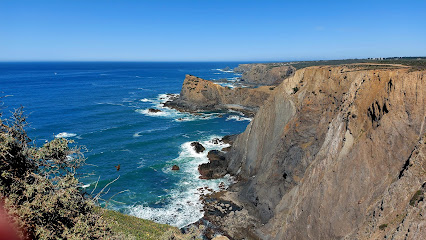
Sagres Fortress
Explore the historic Sagres Fortress, where Portugal’s maritime legacy meets breathtaking coastal views in the Algarve region.
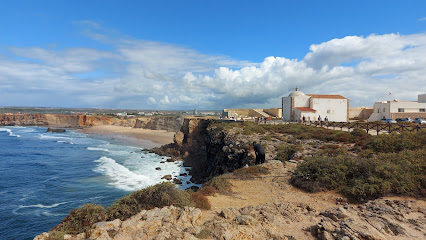
Castro Marim and Vila Real de Santo António Marsh Natural Reserve
Experience nature's beauty at Castro Marim and Vila Real de Santo António Marsh Natural Reserve, where rich biodiversity meets breathtaking landscapes in Portugal's Algarve.
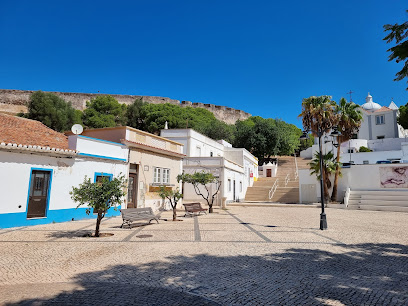
Viewpoint of the FOIA
Experience the breathtaking beauty of the Algarve from the Viewpoint of the FOIA, the highest viewpoint offering stunning coastal panoramas.
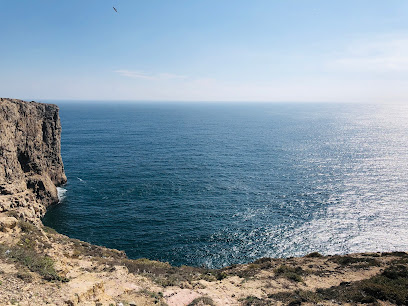
Guadiana Valley Natural Park
Experience the breathtaking landscapes and rich biodiversity of Guadiana Valley Natural Park, a true gem in Portugal's natural heritage.
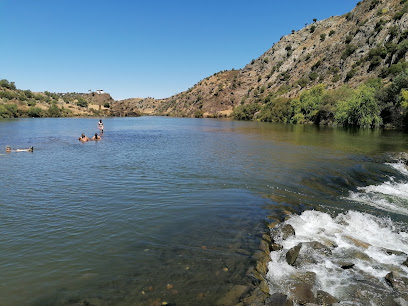
Ria Formosa Nature Park
Explore the diverse ecosystems and breathtaking landscapes of Ria Formosa Nature Park, a must-visit natural wonder in Faro, Portugal.
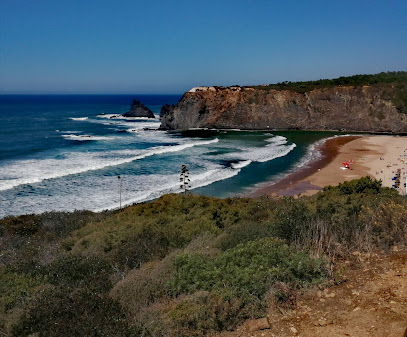
Almendres Cromlech
Explore the Almendres Cromlech, Portugal's ancient megalithic wonder that unveils the mysteries of prehistoric life and culture.
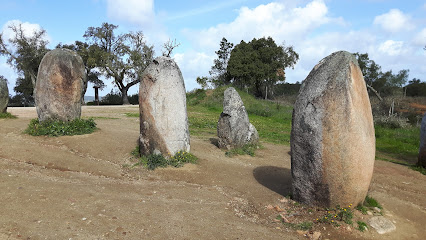
Farol Cabo Sardão
Experience the breathtaking views of the Atlantic at Farol Cabo Sardão, a must-visit lighthouse on Portugal's stunning Alentejo coast.
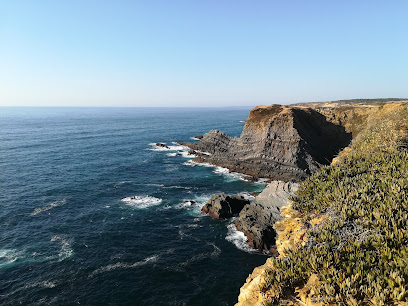
Lagoas de Santo André e da Sancha Nature Reserve
Explore the stunning lagoons and rich biodiversity of Lagoas de Santo André e da Sancha Nature Reserve, a true nature lover's paradise in Portugal.
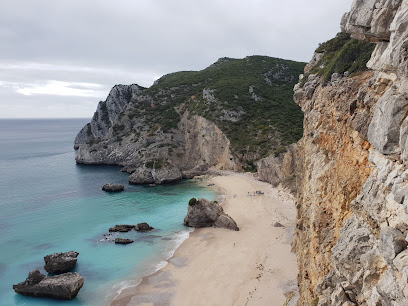
Castle of Aljezur
Discover the rich history and stunning views at the Castle of Aljezur, a remarkable historical landmark in the Algarve region of Portugal.
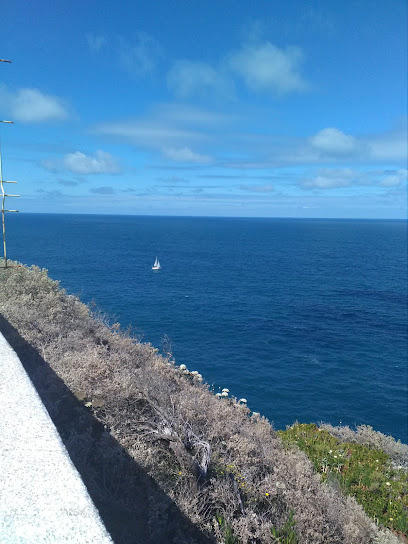
Parque Ecológico do Gameiro
Explore the natural beauty and diverse ecosystems of Parque Ecológico do Gameiro, a serene ecological park in Cabeção, Portugal, perfect for nature lovers.
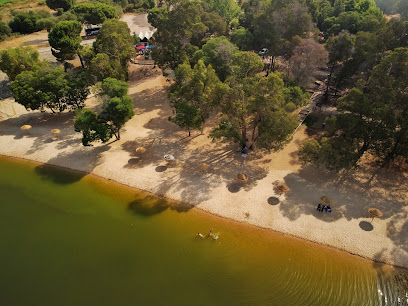
Cidade de Ammaia (ruínas)
Explore the captivating ruins of Cidade de Ammaia - a historical gem in Portugal that reveals the wonders of Roman civilization.
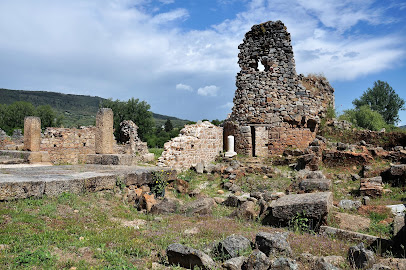
Parque De Campismo São Miguel
Discover the tranquil beauty of Parque De Campismo São Miguel, a perfect getaway for nature enthusiasts in Odeceixe, Portugal.

Rota Vicentina
Discover Rota Vicentina: Portugal's breathtaking coastal trails, offering stunning views, rich biodiversity, and a glimpse into the local culture.
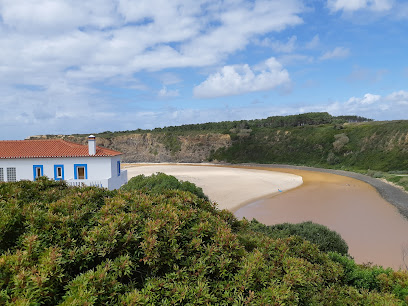
Monte Carvalhal da Rocha
Discover the tranquility of Monte Carvalhal da Rocha, a beautiful campground and restaurant on the stunning Praia do Carvalhal, perfect for nature lovers and adventurers.
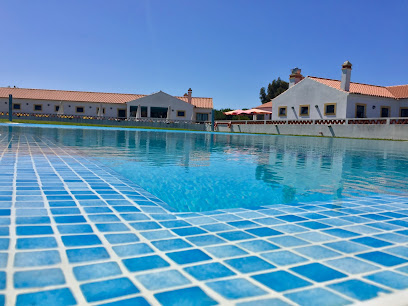
Unmissable attractions to see
Praia da Rocha
Discover the allure of Praia da Rocha, a stunning beach in Portugal with golden sands, vibrant nightlife, and breathtaking cliffs perfect for every traveler.
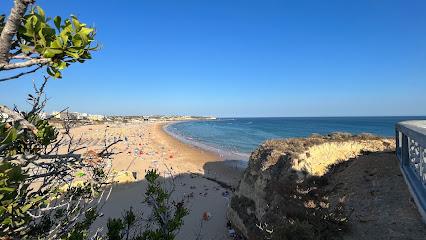
Praia dos Três Irmãos
Experience the natural beauty and adventure at Praia dos Três Irmãos, a must-visit beach in Alvor, Portugal, ideal for relaxation and exploration.
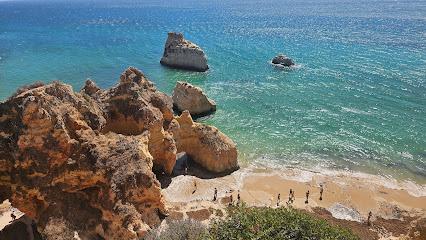
Farol Cabo Sardão
Experience the breathtaking beauty of Farol Cabo Sardão, where the cliffs meet the Atlantic Ocean in stunning harmony.
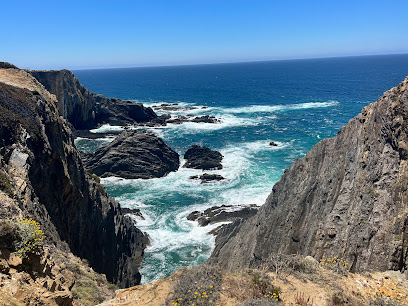
Camping Milfontes
Discover the serene beauty of Camping Milfontes, a premier campground in Vila Nova de Milfontes, ideal for outdoor enthusiasts and nature lovers.

Praia da Arrifana
Experience the breathtaking beauty of Praia da Arrifana, a stunning beach in Portugal's Algarve region, perfect for relaxation and adventure.
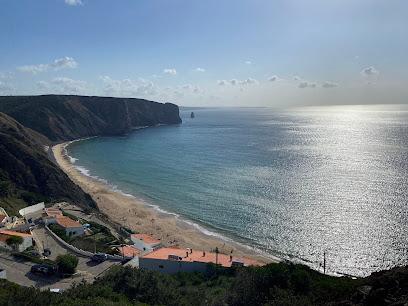
Parque Ecológico do Gameiro
Immerse yourself in the natural beauty of Parque Ecológico do Gameiro, an ecological park in Cabeção, Portugal, perfect for outdoor activities and tranquil escapes.
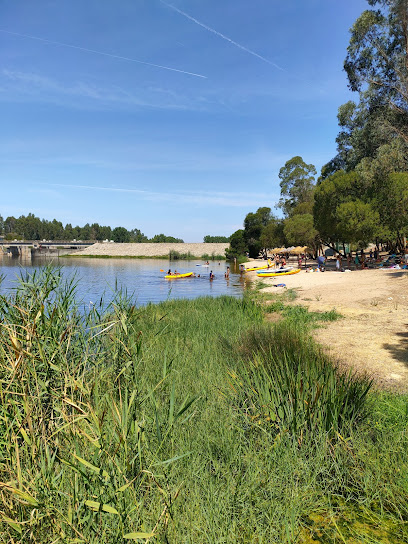
Praia dos Caneiros
Experience the serene beauty of Praia dos Caneiros, a hidden gem in Ferragudo, perfect for relaxation, swimming, and breathtaking views of the Algarve.
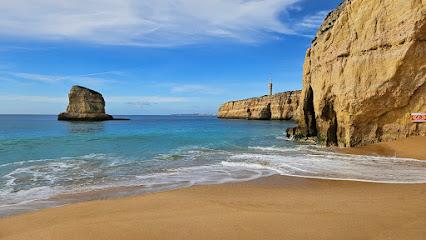
Praia do Pintadinho
Experience the serene beauty of Praia do Pintadinho, a hidden Algarve beach with golden sands, crystal-clear waters, and stunning coastal views.
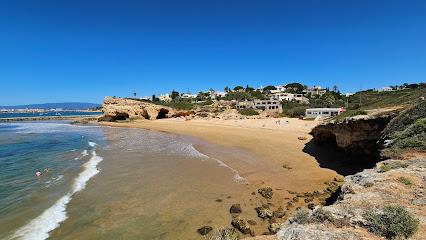
Castelejo Beach
Discover the serene beauty of Castelejo Beach, a hidden gem along Portugal's Atlantic coast, ideal for relaxation and adventure.
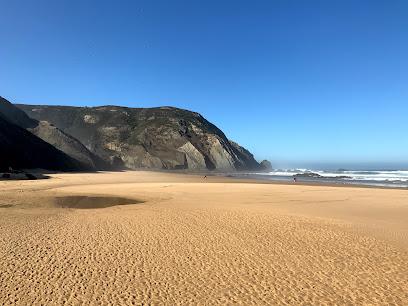
Praia De Vila Nova Milfontes
Experience the breathtaking beauty of Praia De Vila Nova Milfontes, a serene beach destination in Portugal, perfect for relaxation and adventure.
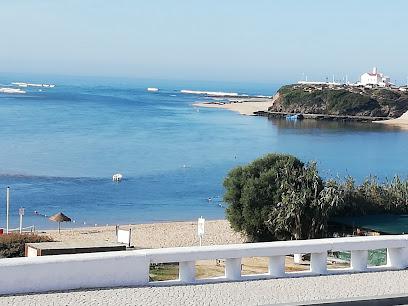
Praia da Amoreira
Experience the tranquility of Praia da Amoreira, the stunning beach destination in Algarve, Portugal with golden sands and breathtaking landscapes.
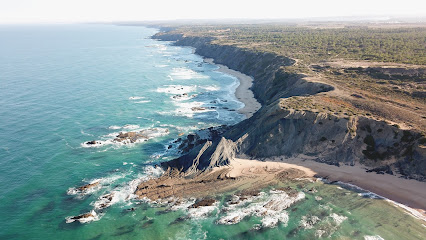
Praia da Boca do Rio
Discover the serene beauty of Praia da Boca do Rio, a hidden gem on the Algarve coast, perfect for relaxation and exploration.
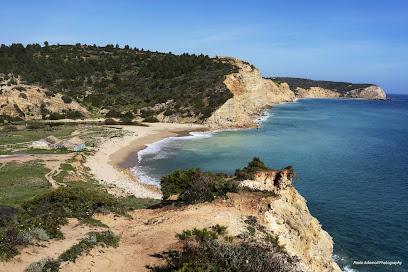
Rota Vicentina
Explore Rota Vicentina, a breathtaking coastal paradise in Portugal, perfect for hiking and immersing yourself in nature's wonders.
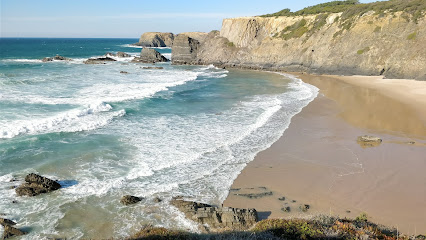
Igreja de Santa Maria de Lagos
Explore the rich history and artistic beauty of Igreja de Santa Maria, a must-visit Catholic church in the heart of Lagos, Portugal.
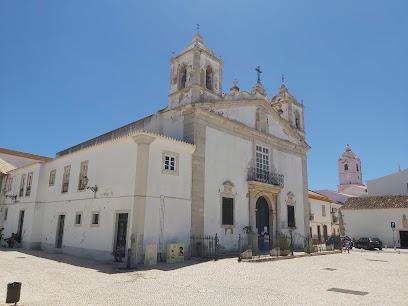
Praia de Nossa Senhora
Experience the serene beauty of Praia de Nossa Senhora, a hidden beach gem in Portugal's Alentejo region, perfect for relaxation and nature lovers.
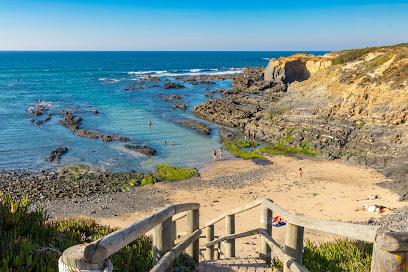
Essential places to dine
A Azenha do Mar
Discover the culinary delights of fresh seafood at A Azenha do Mar while enjoying stunning ocean views in picturesque Portugal.
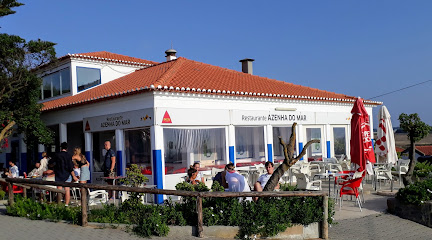
Costa Alentejana
Experience authentic Portuguese cuisine at Costa Alentejana in Zambujeira do Mar – where fresh seafood meets stunning coastal views.
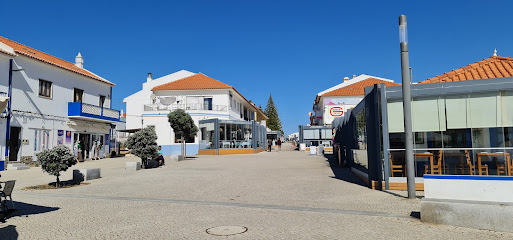
O Paulo
Experience exquisite seafood at O Paulo in Aljezur – where every dish is a celebration of Portugal's culinary heritage.
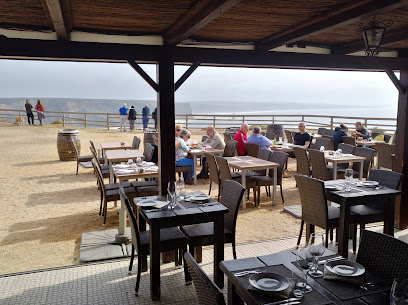
Pont'a Pé
Experience authentic Portuguese flavors at Pont'a Pé, a top-rated restaurant in Aljezur known for its seafood and steak delights.
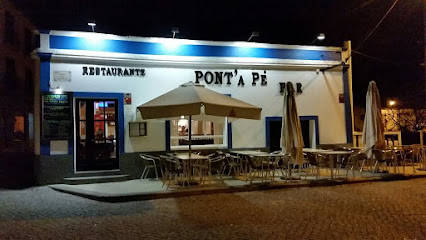
Restaurante Chaparro
Experience the essence of Portuguese cuisine at Restaurante Chaparro in Odeceixe - where tradition meets flavor.
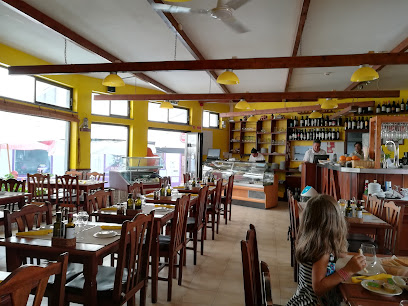
Chaparro
Experience the flavors of Portugal at Chaparro - a cozy restaurant in Odeceixe offering traditional dishes made with local ingredients.
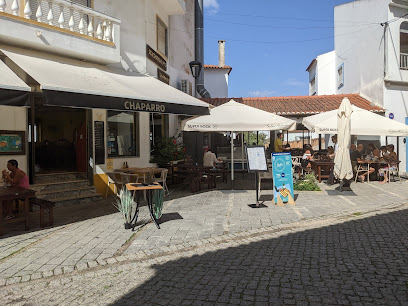
O Tarro
Discover culinary delights at O Tarro in Odemira - where traditional Portuguese flavors meet modern dining experiences.
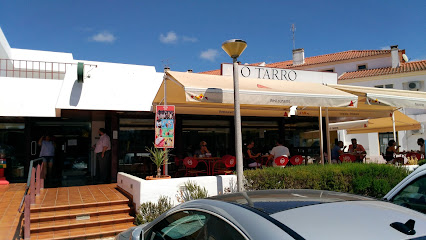
O Sacas
Experience exquisite Portuguese cuisine with ocean views at O Sacas in Zambujeira do Mar.
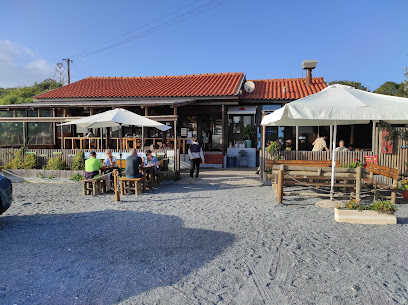
O Sargo
Experience the vibrant fusion cuisine at O Sargo in Aljezur – where local flavors meet global culinary artistry.
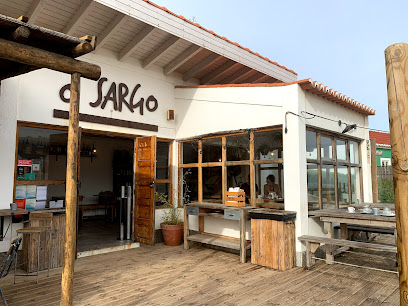
A Barca Tranquitanas
Discover authentic Portuguese flavors at A Barca Tranquitanas, a traditional restaurant in Zambujeira do Mar with stunning coastal views.
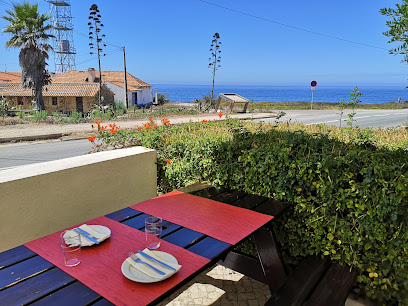
A Choupana
Discover authentic Portuguese flavors at A Choupana near Praia do Farol – where delicious food meets stunning coastal views.
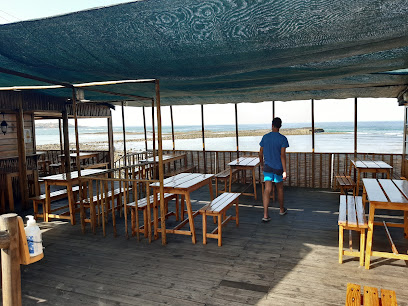
Pizzeria Piccolino
Experience authentic Italian flavors at Pizzeria Piccolino in Zambujeira do Mar - home of delicious pizzas and warm hospitality.
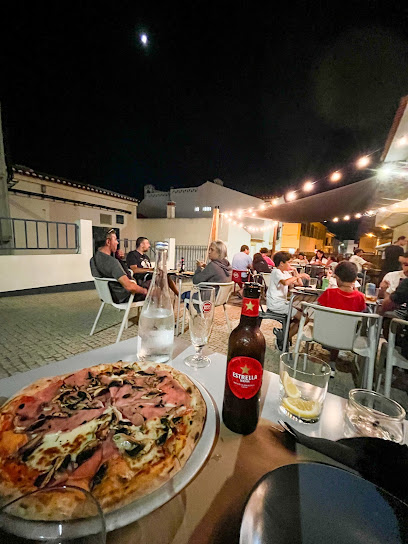
A Chaminé
Experience authentic Portuguese flavors at A Chaminé in Odemira – where culinary tradition meets warm hospitality.
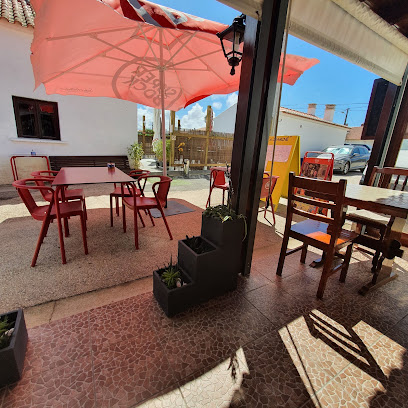
Taberna do Gabão
Experience authentic Portuguese flavors in the heart of Odeceixe at Taberna do Gabão - a culinary haven for food lovers.
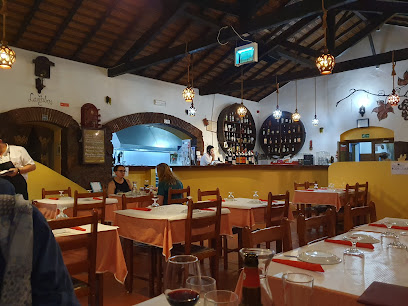
Restaurante 3 GERAÇÃO
Discover authentic Portuguese cuisine at Restaurante 3 GERAÇÃO in Aljezur - a must-visit for food lovers exploring Algarve's culinary scene.
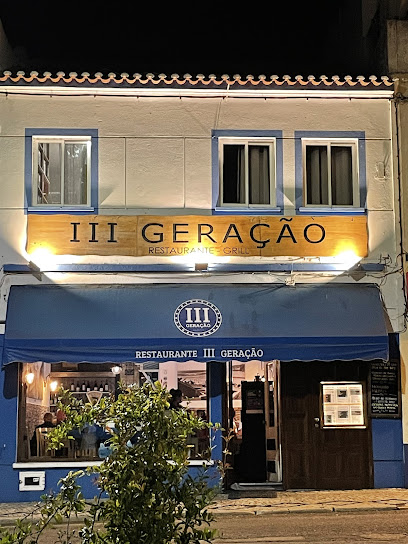
Markets, malls and hidden boutiques
Parque Natural do Sudoeste Alentejano e Costa Vicentina
Discover the stunning landscapes, diverse wildlife, and pristine beaches of Parque Natural do Sudoeste Alentejano e Costa Vicentina, a true gem of Portugal's natural heritage.
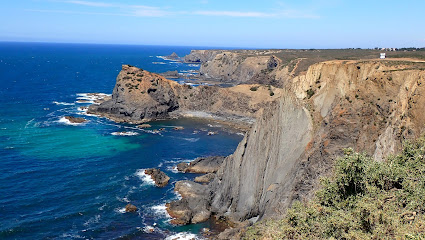
Évora Plaza
Explore Évora Plaza, a vibrant shopping destination offering diverse stores, dining options, and entertainment in the heart of Évora.
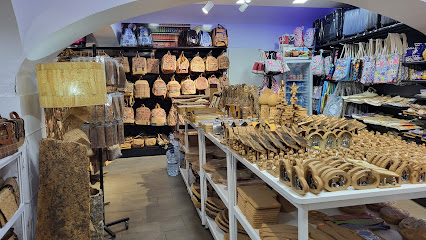
Parque Ecológico do Gameiro
Explore the serene landscapes of Parque Ecológico do Gameiro in Cabeção, Portugal, where nature and tranquility await outdoor enthusiasts.
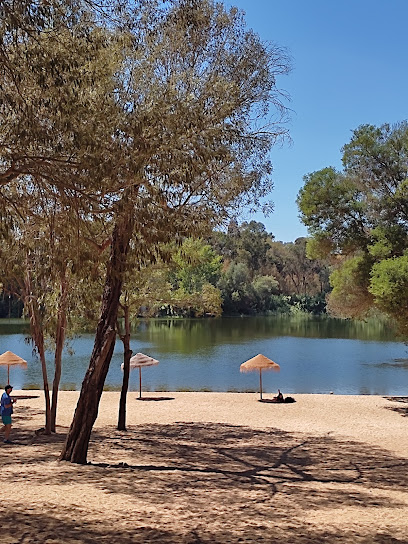
Praia do Carvalhal
Explore the serene beauty of Praia do Carvalhal, a hidden gem beach in Portugal with golden sands and breathtaking cliffs perfect for relaxation and adventure.
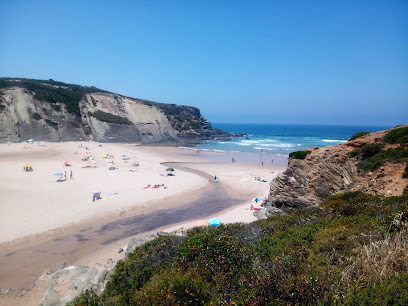
Intermarché
Experience the local flavors at Intermarché, your essential supermarket in Odemira, offering fresh produce and regional specialties.
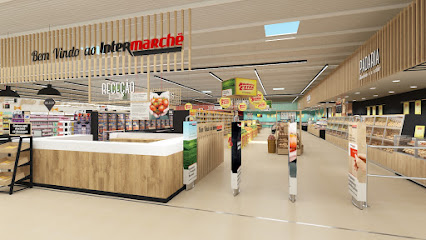
Rota Vicentina
Experience the breathtaking scenery and rich culture along the stunning Rota Vicentina walking trails in Portugal's Alentejo region.
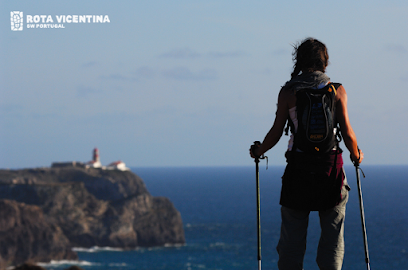
Ceramica Paraiso
Explore exquisite handcrafted ceramics at Ceramica Paraiso in Raposeira, a charming pottery store that embodies Portuguese artistic tradition.
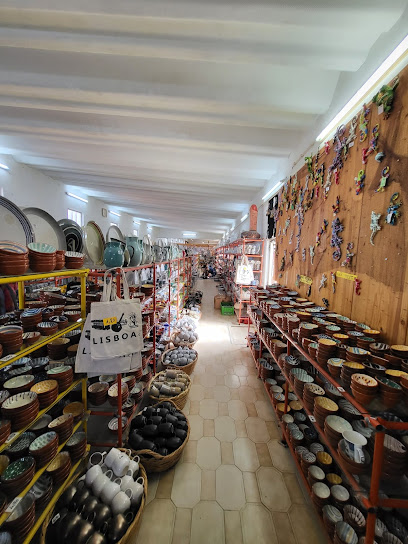
Mercado Municipal de Aljezur
Explore the Mercado Municipal de Aljezur: A vibrant market filled with fresh produce, local delicacies, and authentic Portuguese culture in the heart of Aljezur.
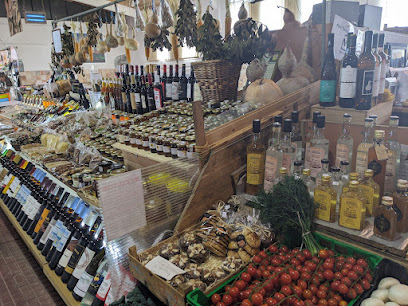
Monte Carvalhal da Rocha
Experience the tranquility and natural beauty of Monte Carvalhal da Rocha, a campground and restaurant on the stunning Alentejo coast.

Vicentina Hotel
Discover peace and comfort at Vicentina Hotel, your ideal retreat in Aljezur, Portugal, surrounded by stunning landscapes and rich culture.

Kiosk Agapito
Discover the charm of Kiosk Agapito in Odeceixe, where stunning views, delicious cocktails, and a welcoming atmosphere await travelers.
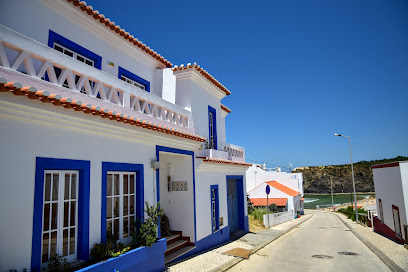
Gelateria Vicentina
Experience the finest artisanal gelato at Gelateria Vicentina, the perfect blend of flavor and ambiance in the heart of Aljezur.
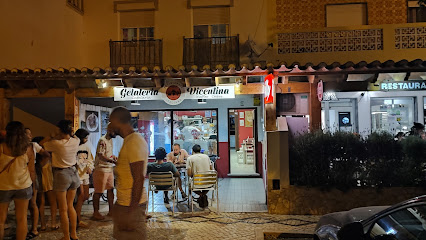
Herdade do Touril
Experience the serenity and natural beauty of Herdade do Touril in Zambujeira do Mar, your perfect retreat on the Alentejo coast.

Herdade do Pessegueiro
Explore breathtaking coastal trails on horseback and unwind in a tranquil guest house at Herdade do Pessegueiro, a perfect getaway in Portugal.
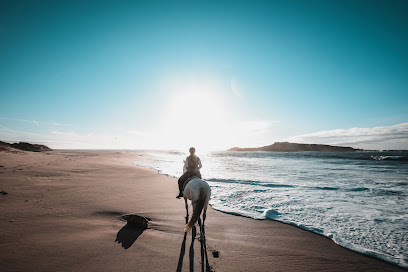
Bread of Dona Ercília
Discover the delightful flavors of artisan breads at Bread of Dona Ercília in Vila Nova de Milfontes, where tradition meets taste.
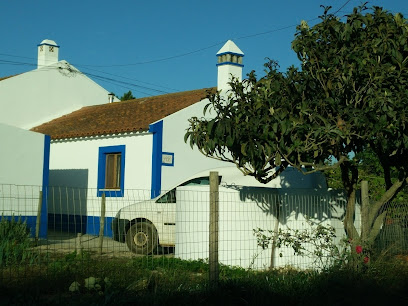
Essential bars & hidden hideouts
Costa Alentejana
Discover the flavors of Alentejo at Costa Alentejana, a culinary gem in Zambujeira do Mar offering fresh seafood and traditional Portuguese dishes.
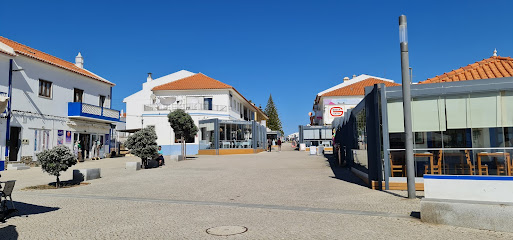
Pont'a Pé
Experience authentic Portuguese cuisine at Pont'a Pé, where fresh seafood and grilled specialties create unforgettable culinary moments in Aljezur.
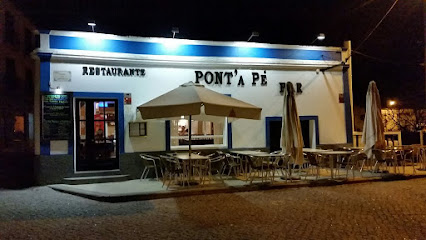
Restaurante Chaparro
Experience the essence of authentic Portuguese cuisine at Restaurante Chaparro in Odeceixe, where tradition meets taste in every dish.
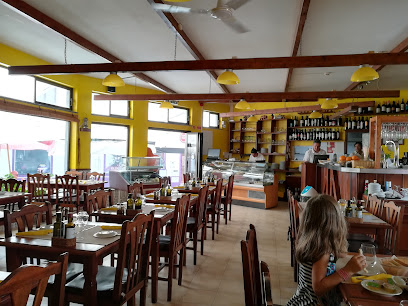
O Tarro
Discover O Tarro in Odemira for a taste of authentic Portuguese cuisine in a charming and welcoming setting.
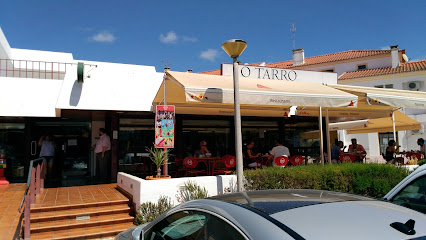
Várzea
Savor the essence of Portugal at Várzea, a charming restaurant in Aljezur offering delicious local cuisine and a warm atmosphere for all diners.
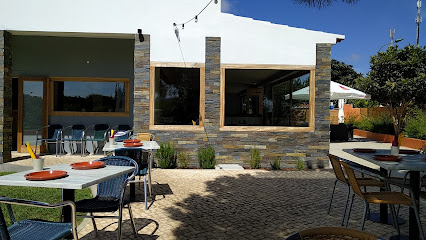
A Barca Tranquitanas
Discover the authentic flavors of Portugal at A Barca Tranquitanas, where fresh seafood meets breathtaking coastal views in Zambujeira do Mar.
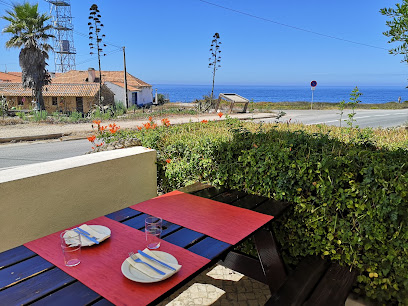
Taberna Vicentina
Savor the flavors of Portugal at Taberna Vicentina, a beloved restaurant in Albufeira known for its authentic dishes and warm, inviting atmosphere.
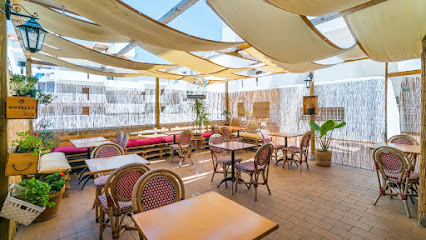
Magic Cactus
Experience the vibrant culinary scene at Magic Cactus, a grill restaurant on Praia Da Vieirinha, Sines, serving exquisite flavors with stunning ocean views.
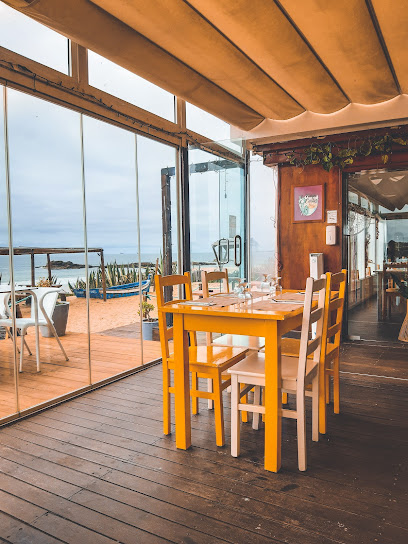
A Chaminé
Experience authentic Portuguese cuisine at A Chaminé, Odemira's beloved restaurant, where local flavors and warm hospitality await.
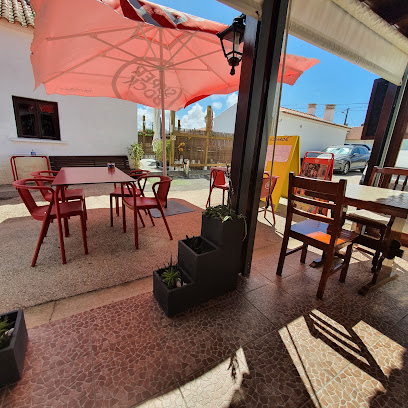
Taberna do Gabão
Experience authentic Portuguese cuisine at Taberna do Gabão in Odeceixe, where every dish tells a story of local tradition and flavor.
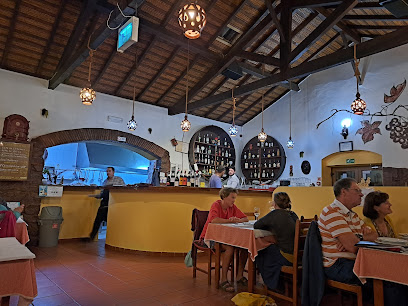
Moagem
Experience the best of vegetarian cuisine and cultural events at Moagem, a vibrant café and bar in Aljezur, Portugal.
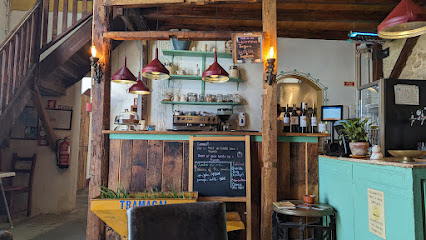
Bar da Praia
Savor the flavors of Portugal at Bar da Praia in Odeceixe, where fresh seafood meets stunning coastal views.
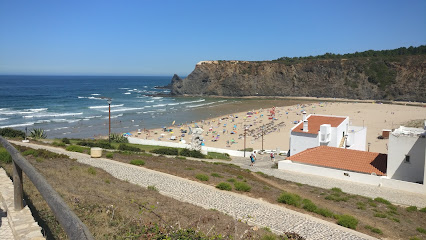
Pizzaria Vicentina Lda
Savor the authentic Italian taste at Pizzaria Vicentina Lda, a charming pizzeria in Aljezur offering delicious pizzas and warm hospitality.
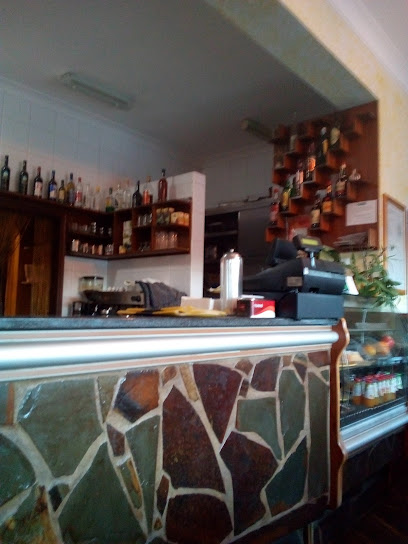
Sunset Café
Experience the flavors of Portugal at Sunset Café, a cozy café in Zambujeira do Mar offering a menu rich in local and international dishes.
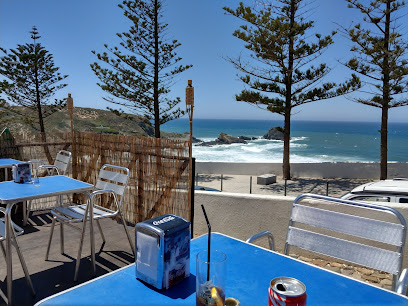
Local Phrases about Costa Vicentina
-
- HelloOlá
[oh-LAH] - GoodbyeAdeus
[ah-DEH-oos] - YesSim
[seem] - NoNão
[não] - Please/You're welcomePor favor
[por fah-VOHR] - Thank youObrigado
[oh-bree-GAH-doo] - Excuse me/SorryDesculpe
[dehs-KOOL-peh] - How are you?Como está?
[KOH-moo ehs-TAH] - Fine. And you?Bem. E você?
[behn. eh voh-SEH] - Do you speak English?Fala inglês?
[FAH-lah een-GLAYS] - I don't understandNão entendo
[não ehn-TEN-doo]
- HelloOlá
-
- I'd like to see the menu, pleaseGostaria de ver o menu, por favor
[goh-stah-REE-ah deh vehr ooh MEH-noo, poor fah-VOHR] - I don't eat meatNão como carne
[não KOH-moo KAHR-neh] - Cheers!Saúde!
[sah-OO-deh] - I would like to pay, pleaseGostaria de pagar, por favor
[goh-stah-REE-ah deh pah-GAHR, poor fah-VOHR]
- I'd like to see the menu, pleaseGostaria de ver o menu, por favor
-
- Help!Ajuda!
[ah-JOO-dah] - Go away!Vai embora!
[VAH-ee ehm-BOH-rah] - Call the Police!Chame a polícia!
[SHAH-meh ah poh-LEE-see-ah] - Call a doctor!Chame um médico!
[SHAH-meh oom MEH-dee-koo] - I'm lostEstou perdido
[eh-STOH pehr-DEE-doo] - I'm illEstou doente
[eh-STOH doo-EHN-teh]
- Help!Ajuda!
-
- I'd like to buy...Gostaria de comprar...
[goh-stah-REE-ah deh kohm-PRAR] - I'm just lookingEstou só a ver
[eh-STOH sooh ah vehr] - How much is it?Quanto custa?
[KWAHN-too KOOSH-tah] - That's too expensiveIsso é demasiado caro
[EE-soh eh deh-mah-SYAH-doo KAHR-oo] - Can you lower the price?Pode baixar o preço?
[POH-deh BAH-ee-shahr oo PREH-soo]
- I'd like to buy...Gostaria de comprar...
-
- What time is it?Que horas são?
[keh OH-rahz sah-oh] - It's one o'clockÉ uma hora
[eh OO-mah OH-rah] - Half past (10)Meia (dez)
[MEH-yah (dehz)] - MorningManhã
[mah-NYAH] - AfternoonTarde
[TAHR-deh] - EveningNoite
[NOY-teh] - YesterdayOntem
[ohn-TEHM] - TodayHoje
[OH-zheh] - TomorrowAmanhã
[ah-mah-NYAH] - 1Um
[oom] - 2Dois
[doysh] - 3Três
[trehsh] - 4Quatro
[KWAH-troh] - 5Cinco
[SEEN-koh] - 6Seis
[saysh] - 7Sete
[SEH-teh] - 8Oito
[oy-toh] - 9Nove
[NOH-veh] - 10Dez
[dehz]
- What time is it?Que horas são?
-
- Where's a/the...?Onde fica o/um...?
[OHN-deh FEE-kah ooh/oong] - What's the address?Qual é o endereço?
[kahl eh ooh ehn-deh-REH-soo] - Can you show me (on the map)?Pode mostrar-me (no mapa)?
[POH-deh moh-SHTR-meh (noo MAH-pah)] - When's the next (bus)?Quando é o próximo (autocarro)?
[KWAN-doh eh ooh PROH-ksee-moh (ow-toh-KAH-roo)] - A ticket (to ....)Um bilhete (para ....)
[oom bee-LEH-teh (PAH-rah)]
- Where's a/the...?Onde fica o/um...?
History of Costa Vicentina
-
The Costa Vicentina area has been inhabited since prehistoric times. Archaeological findings, such as tools and cave paintings, suggest that early humans settled here due to its rich resources and strategic coastal location. Evidence of Neolithic and Bronze Age cultures can be found in the form of dolmens and menhirs scattered throughout the region.
-
During the Roman era, Costa Vicentina was known for its fish salting industry. Ruins of Roman fish processing factories, known as 'cetariae,' can be found along the coast. These facilities were used to produce 'garum,' a fermented fish sauce highly prized throughout the Roman Empire. The strategic coastal location also made it an important point for maritime trade.
-
In the 8th century, the Moors conquered the region, leaving a lasting impact on the architecture, agriculture, and culture. Many of the region's castles and fortifications, such as the Castle of Aljezur, have Moorish origins. The Reconquista in the 12th century saw the Christian forces reclaiming the territory, which led to the integration of Moorish and Christian influences in local culture.
-
Costa Vicentina played a significant role during the Age of Discovery in the 15th and 16th centuries. The strategic location along the Atlantic coast made it a key point for explorers setting sail to the New World. The town of Sagres, in particular, is associated with Prince Henry the Navigator, who established a school of navigation that contributed to Portugal's maritime dominance.
-
The 16th and 17th centuries saw the Costa Vicentina plagued by pirate and privateer attacks. The rugged coastline provided numerous hiding spots for these seafarers. Coastal fortifications, such as the Fort of Arrifana, were constructed to defend against these threats. This period of maritime conflict left a mark on the local communities and their way of life.
-
For centuries, the economy of Costa Vicentina has been heavily reliant on fishing and agriculture. Traditional fishing techniques, such as 'xávega' (a type of beach seine fishing), have been passed down through generations. The region's fertile soils also support diverse agricultural activities, including the cultivation of sweet potatoes, figs, and almonds.
-
The 20th century brought significant changes to Costa Vicentina. The construction of better roads and infrastructure facilitated tourism, which has become a major economic driver. The establishment of the Southwest Alentejo and Vicentine Coast Natural Park in 1995 helped preserve the region's natural beauty and biodiversity. Today, Costa Vicentina is known for its pristine beaches, scenic landscapes, and cultural heritage.
Costa Vicentina Essentials
-
Costa Vicentina is located in the southwestern region of Portugal, within the Alentejo and Algarve regions. The nearest international airport is Faro Airport, approximately 120 kilometers away. Alternatively, Lisbon Airport is about 220 kilometers from Costa Vicentina. From either airport, you can rent a car or take a bus to the region. The drive from Faro takes around 1.5 hours, while the drive from Lisbon takes about 2.5 hours. Bus services are available from both airports, with connections through major towns like Lagos and Portimão.
-
While Costa Vicentina is best explored by car due to its expansive and rural nature, other transportation options are available. Local buses connect the main towns and villages, but they may not run frequently. Taxis are available, though they can be expensive for long distances. For the more adventurous, cycling is a popular way to explore the scenic routes and coastal trails. Car rentals are widely available at airports and in major towns.
-
The official currency in Portugal is the Euro (EUR). Credit cards are widely accepted in hotels, restaurants, and larger shops. However, it's advisable to carry some cash, especially in smaller towns and rural areas where card payment facilities may be limited. ATMs are available in most towns, but ensure you have enough cash if you plan to visit remote areas.
-
Costa Vicentina is generally a safe destination for tourists. Violent crime is rare, but petty theft such as pickpocketing can occur, especially in crowded areas and popular tourist spots. It is advisable to keep an eye on your belongings and avoid leaving valuables in plain sight. There are no specific high-crime areas targeting tourists in Costa Vicentina, but as always, stay vigilant and aware of your surroundings.
-
In case of emergency, dial 112 for immediate assistance, which covers police, fire, and medical emergencies. Hospitals and medical facilities are available in larger towns like Lagos and Portimão. It is recommended to have travel insurance that covers medical emergencies. Pharmacies are common in towns where you can purchase over-the-counter medications for minor health issues.
-
Fashion: Do wear comfortable and casual clothing suitable for outdoor activities. Avoid overly revealing clothing when visiting religious sites. Religion: Do respect local customs and traditions. Be quiet and respectful in churches and chapels. Public Transport: Do be courteous and offer your seat to elderly passengers. Don't be loud or disruptive. Greetings: Do greet people with a simple 'Olá' or 'Bom dia'. A handshake is common for more formal introductions. Eating & Drinking: Do try local specialties such as fresh seafood and regional wines. Don't refuse food or drink offerings, as it may be considered impolite.
-
To experience Costa Vicentina like a local, visit the traditional markets where you can buy fresh produce, artisanal goods, and local crafts. Engage with the local fishermen in the coastal villages to learn about their way of life. For a unique experience, explore the Rota Vicentina, a network of walking trails that offer stunning views of the coastline. Don't miss tasting the local cuisine, particularly the seafood dishes like 'cataplana' and 'arroz de marisco'.
Trending Landmarks in Costa Vicentina
-
Parque Natural do Sudoeste Alentejano e Costa Vicentina
-
Sagres Fortress
-
Castro Marim and Vila Real de Santo António Marsh Natural Reserve
-
Viewpoint of the FOIA
-
Guadiana Valley Natural Park
-
Ria Formosa Nature Park
-
Almendres Cromlech
-
Farol Cabo Sardão
-
Lagoas de Santo André e da Sancha Nature Reserve
-
Castle of Aljezur
-
Parque Ecológico do Gameiro
-
Cidade de Ammaia (ruínas)
-
Parque De Campismo São Miguel
-
Rota Vicentina
-
Monte Carvalhal da Rocha
Nearby Cities to Costa Vicentina
-
Things To Do in Setúbal
-
Things To Do in Lisbon
-
Things To Do in Évora
-
Things To Do in Cascais
-
Things To Do in Sintra
-
Things To Do in Huelva
-
Things To Do in Caldas da Rainha
-
Things To Do in Viseu
-
Things To Do in Badajoz
-
Things To Do in Tomar
-
Things To Do in Cádiz
-
Things To Do in Seville
-
Things To Do in Coimbra
-
Things To Do in Tangier
-
Things To Do in Ronda












